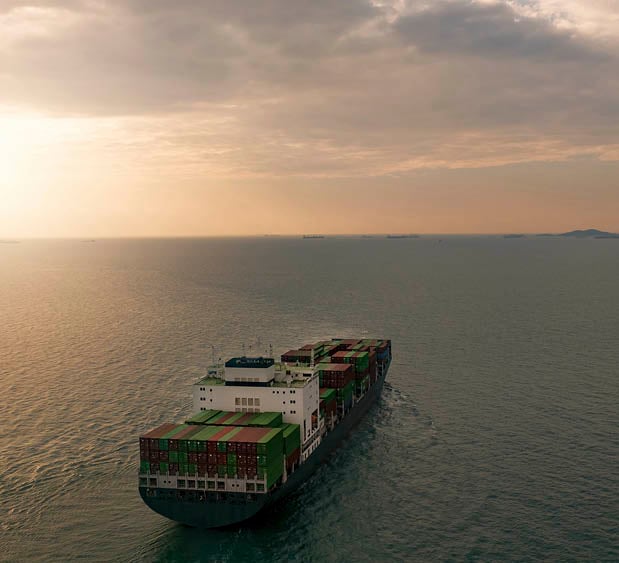Complex rules, practical solutions
International tax and customs advice can be complex, especially for companies engaged in cross-border trade and customs procedures. In order to avoid any potential risks, penalties and reputational damage, it is important to comply with rules and regulations. Errors in tax returns or customs clearance can result in significant costs, and can have legal implications. We help you get to grips with these challenges and seize opportunities, both in terms of VAT structuring and customs legislation. Our expertise helps you leverage tax benefits while making sure you meet the requirements of international trade and customs procedures.
How do we help you?
We offer support in all aspects of international tax and customs advice, from VAT structuring to optimising your customs processes. Our experts ensure compliance with both domestic and international tax and customs legislation, and help you minimise risk. Whether it's cross-border VAT issues, customs declarations or structuring tax benefits in different jurisdictions, we provide a clear overview and control of your tax position.
What do we offer?
- Evaluation and optimisation of international tax processes
- Advice on customs legislation and procedures
- Structuring of VAT and customs taxes on international trade
- Support with cross-border VAT and customs declarations
- Advice on import and export tax and customs risks
- Assistance with customs control and disputes with customs authorities
How does it benefit you?
Yougain insight into the tax and customs laws that apply to your organisation, thereby minimising risk while taking advantage of tax savings opportunities. With our help, you are assured of compliance and can focus on your business goals without worrying about international tax or customs risks.
Advantages
- Avoid tax and customs risks and penalties
- Efficient cross-border tax structures
- Reduced administrative burden and improved control over your tax position
- Transparency towards tax and customs authorities
- Cost savings through smart tax and customs management strategies
Do you have any questions for us?
Contact one of our specialists for more information about the services we provide.
Why choose for Grant Thornton?
Grant Thornton Netherlands is a member of Grant Thornton International Ltd (GTIL), one of the world's largest networks (#7) of independent accounting and advisory firms, with 76,000 professionals in 156 markets. From eight Dutch offices, more than 700 professionals support our clients with advice and guidance in the fields of accountancy, tax, and (financial) advisory. We deliver world-class expertise in a way that seamlessly aligns with each client's unique situation. We operate from a solid foundation with a flexible and results-driven mindset.








